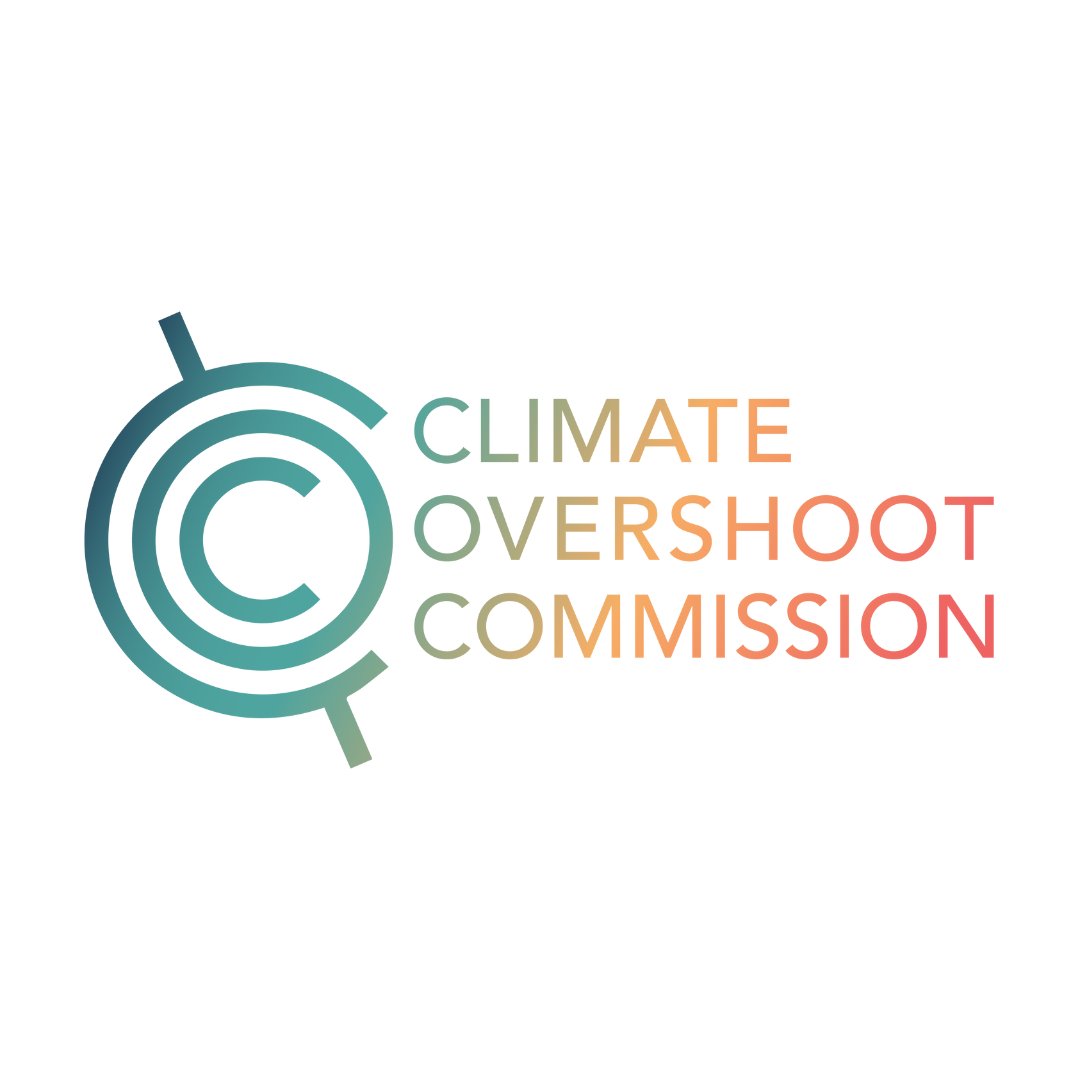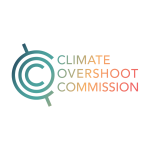The 1.5°C goal is not just a number. It is a line in the sand, drawn by the international community to signal the point beyond which it determines the risks to be unacceptable. The global temperature has already risen by about 1.2°C, and UNEP warns that policies currently in place point to a 2.6°C temperature rise by the end of the century. Even at 1.2°C warming, the risks and impacts of climate change are already felt everywhere: melting ice caps, rising seas, extreme weather, droughts, floods, fires. This is affecting billions of lives and livelihoods, especially in the most vulnerable and marginalized communities. These risks will only intensify as the planet warms further, and could trigger cascading and potentially irreversible impacts.
The members of the Climate Overshoot Commission have come together to reassess a range of approaches to minimize the heightened risk of overshoot, including mitigation, adaptation, carbon dioxide removal (CDR), and solar radiation modification (SRM). With its CARE Agenda to be presented to the International Geneva community at this panel, the Commission offers an integrated approach 1) to reduce the risks of breaching global warming goals in the first place, and 2) to reduce the risks brought about by an overshoot should it take place. That is why it considers all the potential tools in the toolbox, including those that were unfamiliar when the Paris Agreement was negotiated.
The following speakers will take part in this discussion:
- Kim Campbell, Former Prime Minister of Canada and Commissioner of the Climate Overshoot Commission
- Pascal Lamy, Chair of the Climate Overshoot Commission, Vice President of the Paris Peace Forum, and the current Chair of the European branch of the Brunswick Group
- Anne Saab, Associate Professor, International Law and Co-Director, LL.M in International Law, Geneva Graduate Institute (moderator)
We invite attendees to take part in the Q&A session.
This event is organised by the Centre for International Environmental Studies (CIES) and the Climate Overshoot Commission.





